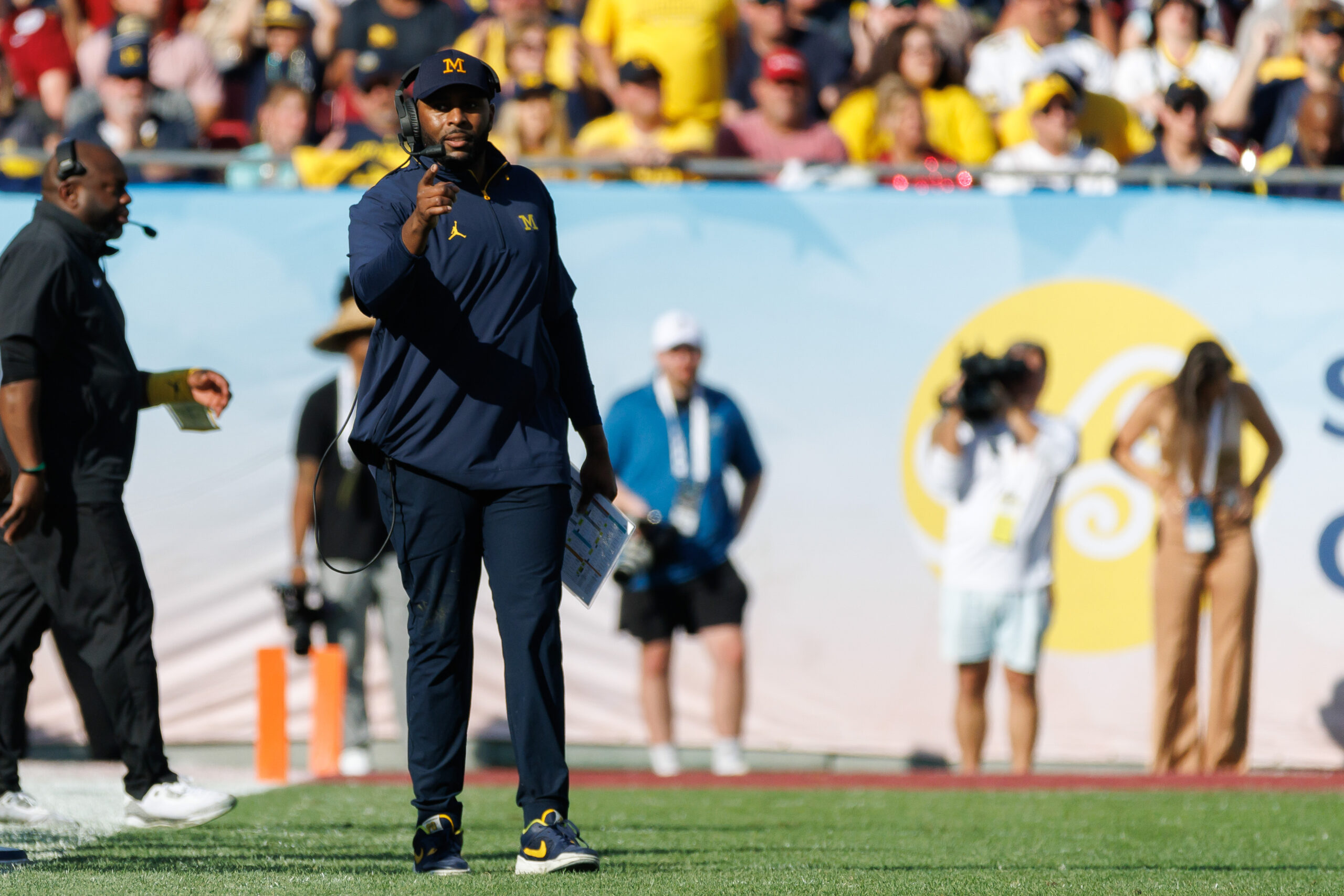
College Football Playoff Chaos: Inside the SEC vs. Big Ten Power Struggle Threatening the Sport’s Future
Just as the ACC kicked off its spring meetings on Florida’s sun-drenched Atlantic Coast, a Pennsylvania congressman didn’t just stroll in quietly—he dropped a verbal bombshell across the college football landscape. Rep. Brendan Boyle didn’t waste a second firing off a blistering social media shot at the SEC and Big Ten, calling out their behind-the-scenes maneuvering to control the College Football Playoff’s future. His message was blunt—and bold: before discussing NIL, these power conferences better have a good answer on why they’re trying to rig the system. The hashtag he added? One word that cuts to the core: Greed.
College sports are already juggling a slew of simmering issues—athlete revenue-sharing on the horizon, looming antitrust settlements, a presidential commission’s watchful eye, NCAA governance battles—but the real storm brewing centers around that golden goose: the football postseason. It’s turning into a messier struggle by the day, with the big four power conference commissioners hashing things out separately from CFP leadership. The primary bone of contention? How many automatic playoff spots each league gets in the proposed 16-team format, a proposal favored by the SEC and Big Ten that would basically double their share compared to the ACC and Big 12.
From the hallowed halls of the ACC spring meetings, murmurs of discontent are loud and clear—coaches, athletic directors, even entire conferences are pushing back hard. Nobody’s hiding their disdain for a setup that feels anything but fair. The battle lines are drawn—everyone’s fighting tooth and nail for their rightful place in a playoff structure that’s supposed to crown champions on merit, not privilege.
This isn’t just a conference quarrel. It’s a full-blown power play, laced with political undercurrents and exploding public outcry. With negotiations ongoing and tensions high, the stakes couldn’t be greater for college football’s prized postseason. What unfolds next might just redefine the sport’s future—and not everyone will be happy about it.
LEARN MOREHowever, if agreement is reached on a format for 2026 and beyond, it may pave the way to move to what’s termed a “straight seeding” format for the 2025 playoff — a 12-team bracket that, for now, designates the top four seeds to the highest-ranked conference champions. Under straight seeding, teams are slotted directly based on the selection committee’s rankings.Negotiations among the four power conference commissioners — they have started meeting separately from other CFP leaders — have produced disagreement. Discord lingers over the amount of automatic qualifiers designated for each conference.Phillips said on Wednesday that he’s open to moving to straight seeding, saying it is the “right thing” to do.
Phillips said on Wednesday that he’s open to moving to straight seeding, saying it is the “right thing” to do.
Phillips said on Wednesday that he’s open to moving to straight seeding, saying it is the “right thing” to do.
Phillips said on Wednesday that he’s open to moving to straight seeding, saying it is the “right thing” to do.
Phillips said on Wednesday that he’s open to moving to straight seeding, saying it is the “right thing” to do.
Phillips said on Wednesday that he’s open to moving to straight seeding, saying it is the “right thing” to do.
Phillips said on Wednesday that he’s open to moving to straight seeding, saying it is the “right thing” to do.
Phillips said on Wednesday that he’s open to moving to straight seeding, saying it is the “right thing” to do.
Phillips said on Wednesday that he’s open to moving to straight seeding, saying it is the “right thing” to do.
Phillips said on Wednesday that he’s open to moving to straight seeding, saying it is the “right thing” to do.
Contacted by Yahoo Sports on Wednesday, Big 12 commissioner Brett Yormark declined comment on any new proposals. Meanwhile, some here at ACC spring meetings expressed their frustration over any format that pre-determines automatic qualifiers.Advertisement





















Post Comment